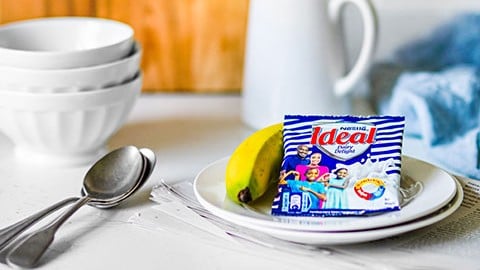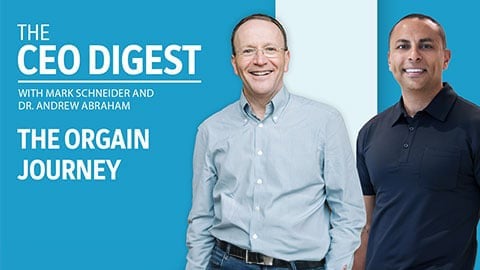We apply the same nutrition, health and wellness principles everywhere. All our early life foods and milks are nutritionally balanced as defined in the commonly accepted scientific guidelines and dietary recommendations.
Supporting the right nutritional start to life is fundamental to who we are and how we operate and we are committed to doing our utmost to constantly upgrade our product formulations and labelling to guide parents to the right choices.
Do Nestlé infant formula products contain added sugars?
All our infant formula products for babies under 12 months of age do not contain added sugars.
For the so-called growing up milks (GUMs), for children aged between 1 and 3 years, we started to phase out added sugars some time ago and the vast majority of these products do not contain refined sugar. We aim to reach 100% by the end of 2024.
Do Nestlé infant cereal products for infants and young children contain added sugars?
We have reduced the sugar in many of our infant cereals. While there are added sugars in some, we are making progress towards reducing this further, as well as providing more options without added sugar.
It is also important to distinguish between added and total sugars in our products. Sugars in our cereals come from different sources, depending on the recipe involved:
- In a complete recipe containing milk, total sugars include the lactose naturally present in milk which accounts for around 60% of the total sugars.
- Some sugars, naturally present in cereals, are released during manufacturing.
- Some sugars can also come from ingredients we add, such as fruit puree, pieces of fruit, sucrose, or honey, which are used to add flavor and texture.
These factors apply across the entire industry.
The total level of sugars in our products, including those generated during the manufacturing process and those added, are in line with local regulations and/or international standards as applicable.
Are Nestlé products good for children?
We are confident about the nutritional quality of our products for early childhood.
Our milk and cereals for young children are age-adapted and fortified with vitamins and minerals, such as iron, to help tackle malnutrition.
In many countries malnutrition is prevalent and access to adequate complementary foods such as those offered in our portfolio is essential.
We communicate transparently on the nutritional profile of our products, and we believe that clear nutrition information on the pack helps parents and caregivers make informed food choices. We comply with all applicable regulatory requirements on labeling. Our nutrition information includes, for example, details on serving size, calories, macronutrients such as carbohydrates (including total sugars), and micronutrients, vitamins, and minerals. We always declare the total sugars in our products, including those coming from honey, for example. Our products are accompanied by detailed nutritional information and guidance to parents and caregivers on optimum feeding practices and recommended daily intakes.
Why does Nestlé add honey to some product recipes?
The introduction of complementary foods in babies’ diets is crucial to expose them to different tastes and textures. Honey is an ingredient that brings flavor.
We always declare the total sugars on our labels, including those coming from honey.
In the development of our recipes, we take into account all nutrient threshold guidance set by regulations.
Does Nestlé have any plans to go for zero-added sugar recipes?
In several countries across Europe, Asia, Latin America, and North America, our infant cereals range already comes with no-added and added sugar options. We continue to make significant efforts to reduce sugars across our entire portfolio.
In recent years, we have reduced the total amount of added sugars in our infant cereals portfolio worldwide by 11%. Sucrose and glucose syrup are being phased out of our growing-up milk (from 12 – 36 months) recipes worldwide.
Which guidelines and requirements do you follow?
Everywhere we operate, our products comply with all applicable local and/or international regulations. Our nutritional criteria are based on the latest scientific guidelines and dietary recommendations.
Our infant formula for babies under 12 months of age do not contain added sugars. For the so-called growing up milks, for children aged between 1 and 3 years, we started to phase out added sugars quite some time ago.
In many countries malnutrition is prevalent and access to adequate complementary foods such as those offered in our portfolio is essential. Our milk and cereals for young children are age-adapted and fortified with vitamins and minerals, such as iron, to help tackle malnutrition.







